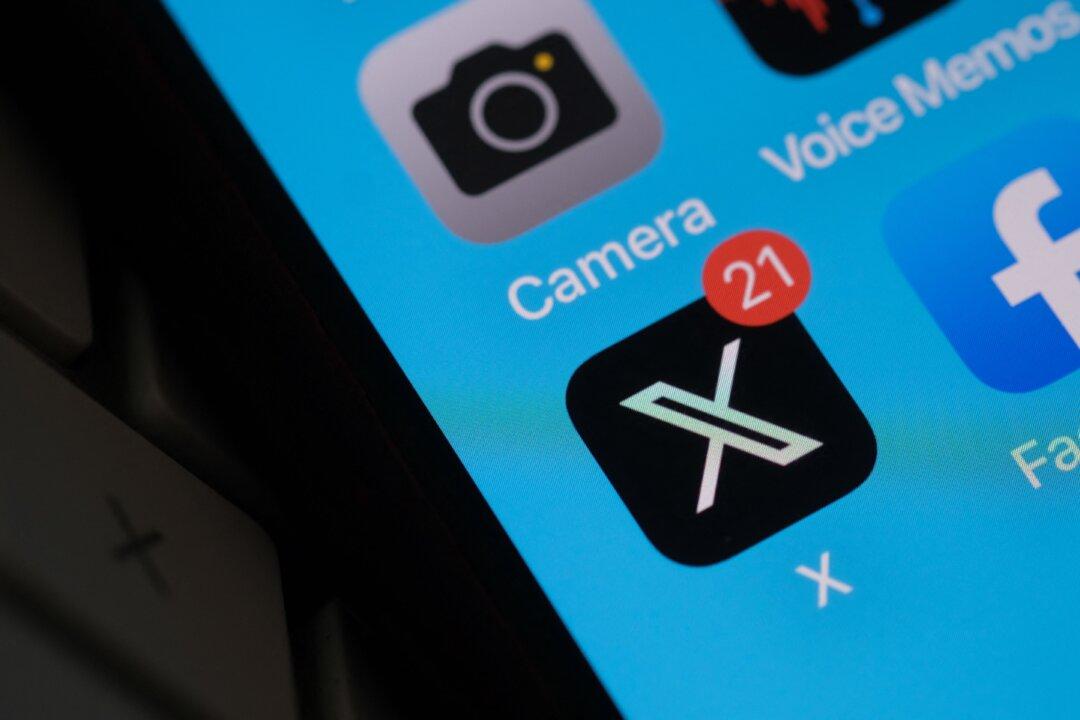Elon Musk’s newly-renamed X platform has said it will begin collecting biometric data and information from some users, including their employment and education history, beginning next month.
According to the site’s updated privacy policy, the platform will begin collecting such data on Sept. 29, pending user consent.




